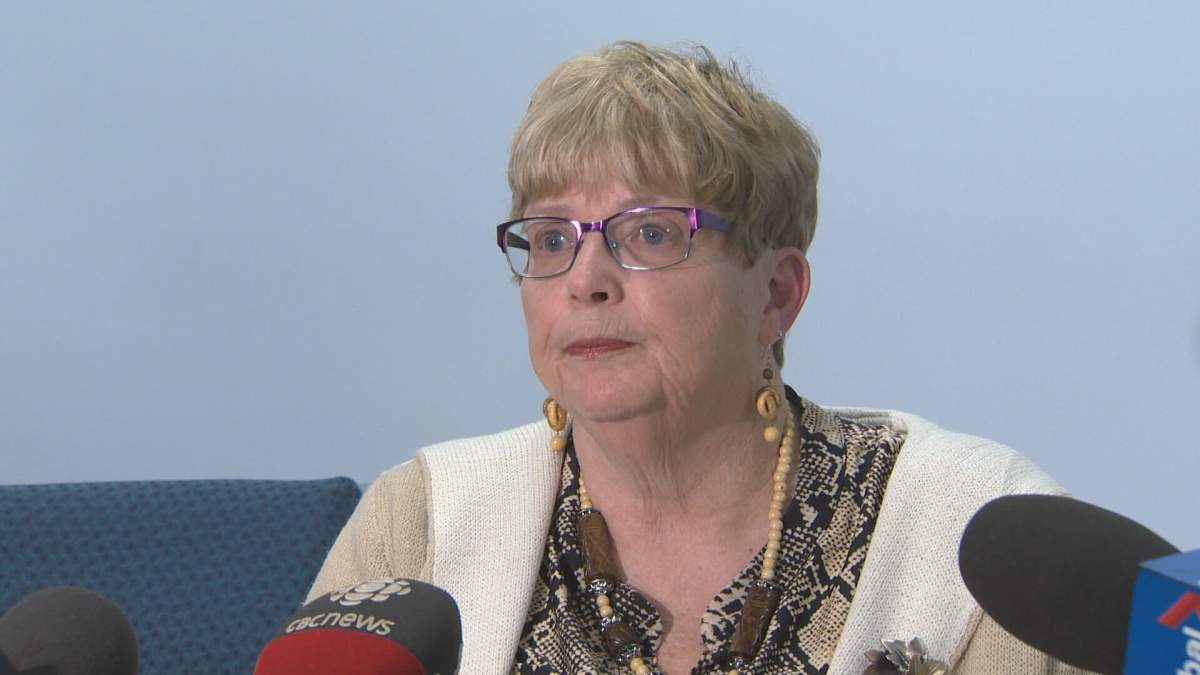People are reacting to the health care changes announced by the New Brunswick government and its regional health authorities, which would, in part, see the nightly closure of six rural ERs across the province.

While the plan to reform health care has faced backlash in some communities, there is a wide range of concerns and comments.
Michael Murphy, who served as New Brunswick’s Liberal health minister from 2006 to 2009, calls the move a “good” decision despite the fallout.
“This is a good and logical decision, but the politics of it are ugly,” Murphy tells Global News. “And there are some edges of these things that can be smoothed off.”
“If the government fell and there was a new government, that new government would still face the same problem of having a shortage of physicians to go to these areas,” he says.
“Nurses, they’d be really no different.”
While people like seeing an ‘H’ on the building in their community, Murphy says hospitals in rural communities aren’t what everyone thinks they are.
He suggests striking committees with local community leaders who can communicate with government and the health authorities to figure out more information — and hopefully find some room for compromise.
“It’s a big mistake,” Cecile Cassista, executive director for the New Brunswick Coalition for Seniors and Nursing Home Residents’ Rights, says of the overall decision.
Cassista says that will also clog up the bigger hospitals when people from those rural areas are brought in.

Get weekly health news
But the province defended the decision, saying on average, about five people use the ERs at those rural hospitals.

Horizon health says a recent announcement of more nurse practitioners will help combat the “slightly increased traffic” expected at hospitals in the big urban centres as a result of the move.
Meanwhile, there are about 70 advanced care paramedics across the province, and they need to be utilized to their full potential to make the move work, according to the paramedic’s association.
“Things like clot-busting drugs that will reverse the affects of people having heart attacks,” says Chris Hood, of the Paramedic Association of New Brunswick, “they’re important, especially when you’re talking about some of these long distance transport times.
“So we’re suggesting the paramedics are trained for that, they’re licensed to do that, and the system needs to allow them to do that.”
Joel Mattatall, an advanced care paramedic, says creative solutions such as Rapid Response Units will need to be utilized in those communities.
For major emergencies, he said, they tend to skip rural centres and go to the bigger regional hospitals — but not always.
“For some specific life-threatening cases, we would be stopping at these hospitals to have that intervention rendered,” Mattatall tells Global News.
“So now that that’s no longer an option, that’s why we need those advanced care paramedics to step up and fill those gaps.”
To the paramedic concerns, Karen McGrath, the president and CEO of Horizon Health Network says, “Ambulance New Brunswick does have the capacity to be able to deal with these emergency situations.”
Paramedics will receive briefing on statistics and facts to determine how they’ll be impacted.
“They will be able to deploy their ambulances accordingly,” she says.










Comments